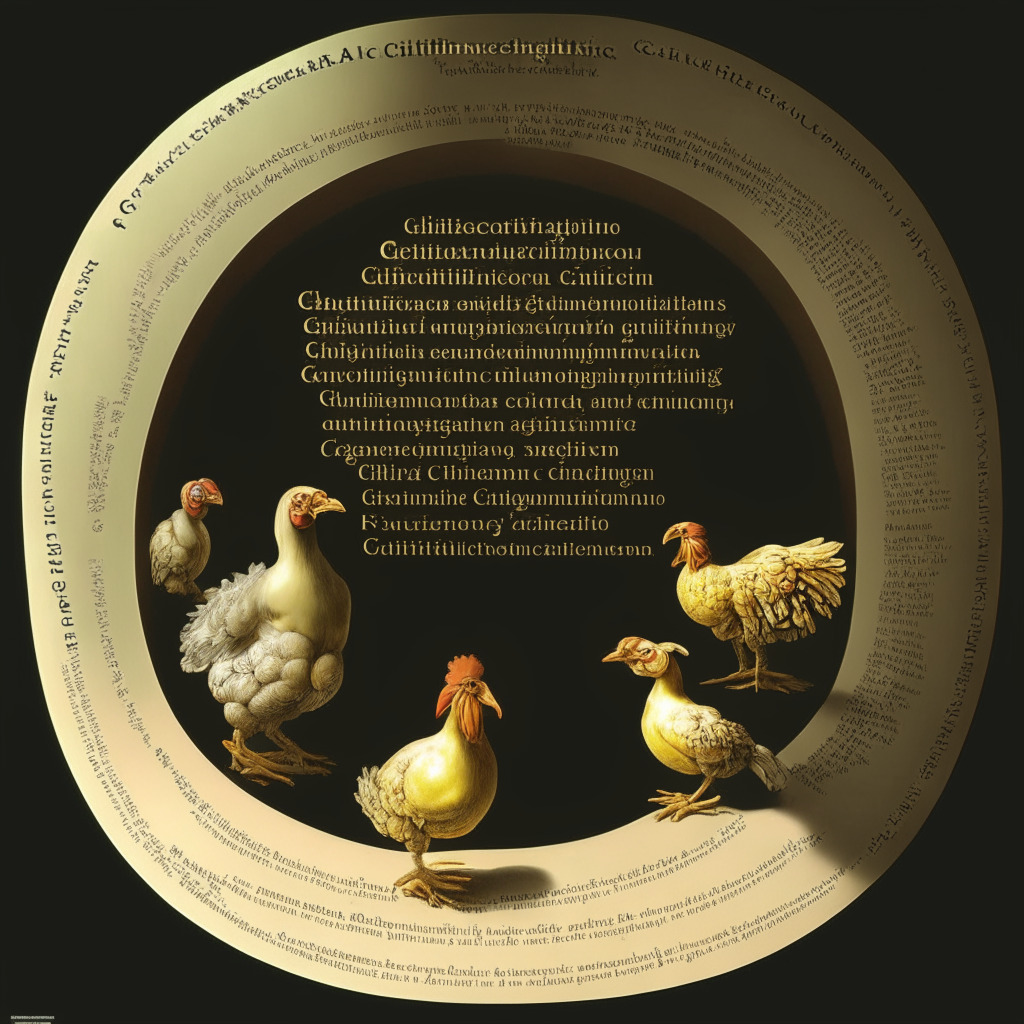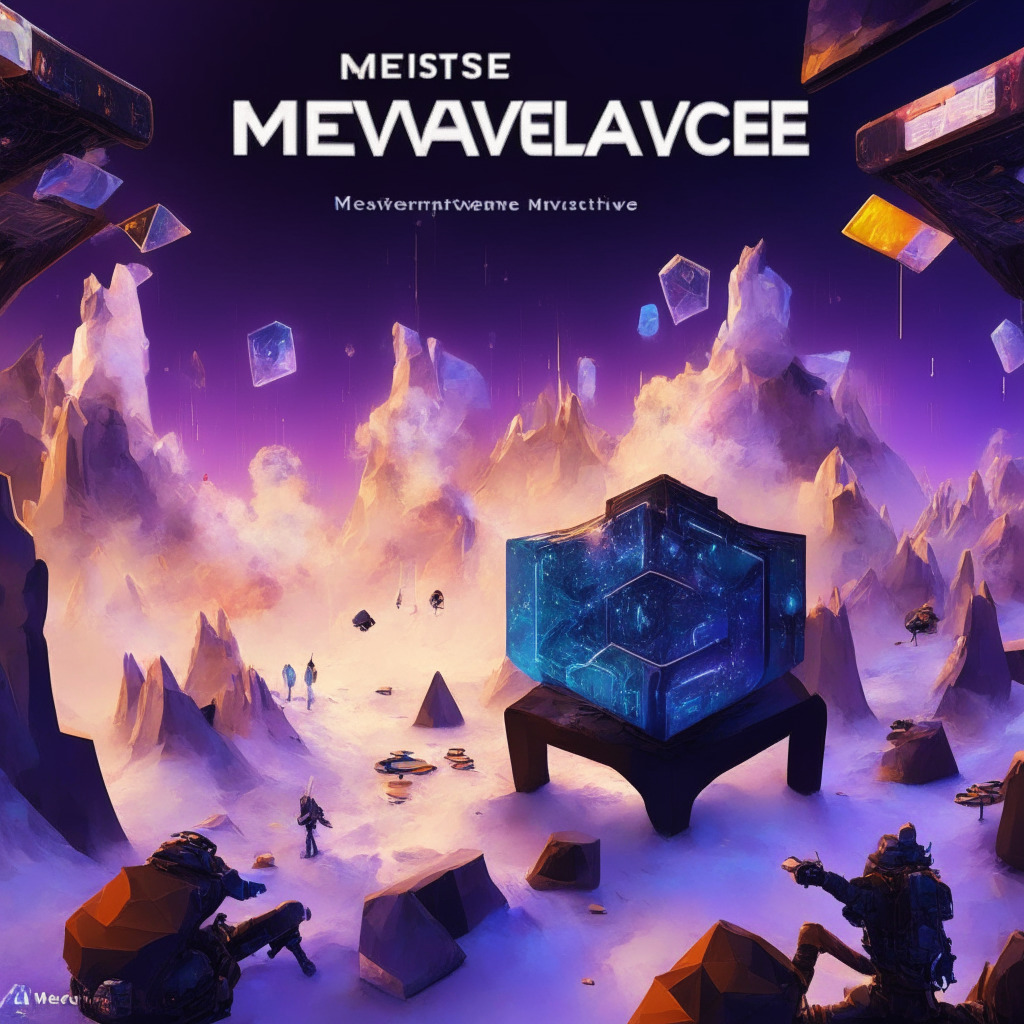Artificial intelligence, such as ChatGPT, has shown an uncanny ability to handle complex philosophical conundrums that have puzzled humans for centuries. When a user turned to Reddit to ask the age-old chicken-or-egg question, the AI’s one-word response garnered over 7.5K upvotes in just 24 hours. This seemingly simple question aims to examine the intricate cycle of causality, cause and effect, time and existence, and life cycles.
The user asked ChatGPT, “What came first, the chicken or the egg?” Responding with just a single word, the AI stated, “Egg.” When further pressed for an explanation, ChatGPT offered the concise reply, “Evolution.” In doing so, AI managed to reduce an otherwise infinite loop of question-and-answer to its very core.
Plutarch first raised the chicken-or-egg conundrum in the first century, initiating a debate that has since stumped philosophers and laypersons alike. The dilemma arises from the fact that while a chicken hatches from an egg, a chicken also lays the egg, thereby creating a circular paradox.
However, advancements in science have facilitated a clearer understanding of the issue. According to New York University professor Roy Sorensen, although it remains uncertain as to which specific egg could be considered the first “chicken egg,” it’s clear that the egg must have preceded the first chicken.
Scientific consensus supports this idea, with British paleontologist and University of Bristol professor Michael Benton recently stating that the egg truly came first. However, he also noted that there are greater complexities to consider when delving further into the technicalities, such as defining the exact egg in question.
In this context, ChatGPT’s straightforward “egg” response holds up to scientific scrutiny. This demonstrates the amazing capacity of AI to inform, simplify, and entertain human curiosity. One cannot help but wonder if AI might also be capable of tackling other philosophical conundrums, like the ever-elusive question, “Why did the chicken cross the road?”
While it may appear that AI’s potential to shed light on longstanding philosophical debates could prove useful, there is also an underlying layer of uncertainty regarding embracing AI-generated answers too readily. The subtle nuances of human understanding, reasoning, and skepticism play a crucial role in stimulating thought and discussion around these complex questions. Therefore, while AI’s contributions certainly merit attention, it’s vital to retain critical thinking and engage in human-to-human discourse to achieve a truly comprehensive understanding of such enigmas.
Source: Decrypt




